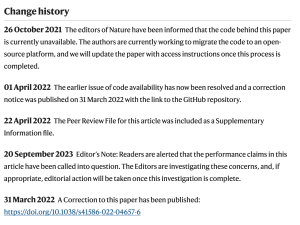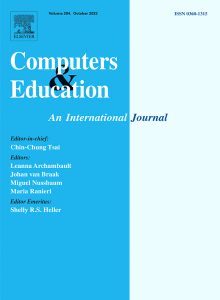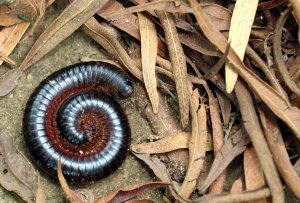A new editor’s note in Nature highlights concerns about a paper by Google researchers who claimed computer chips designed in just a few hours using artificial intelligence beat chip plans that human experts took months to develop.
In the note, published September 20, the journal stated:
Continue reading Nature flags doubts over Google AI study, pulls commentaryReaders are alerted that the performance claims in this article have been called into question. The Editors are investigating these concerns, and, if appropriate, editorial action will be taken once this investigation is complete.









